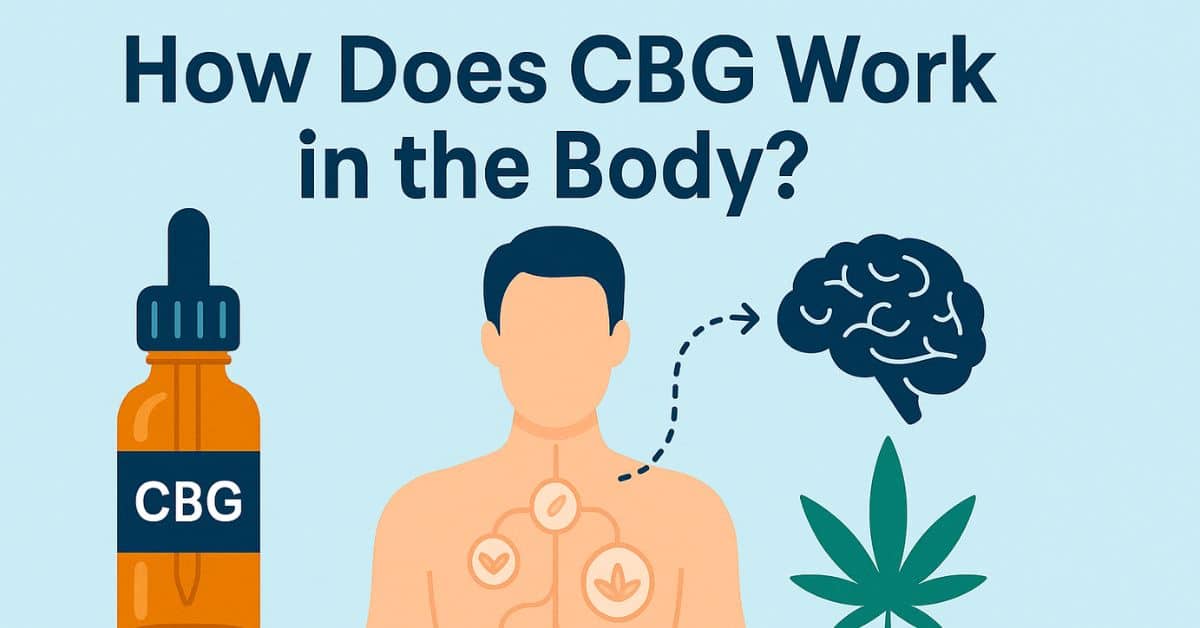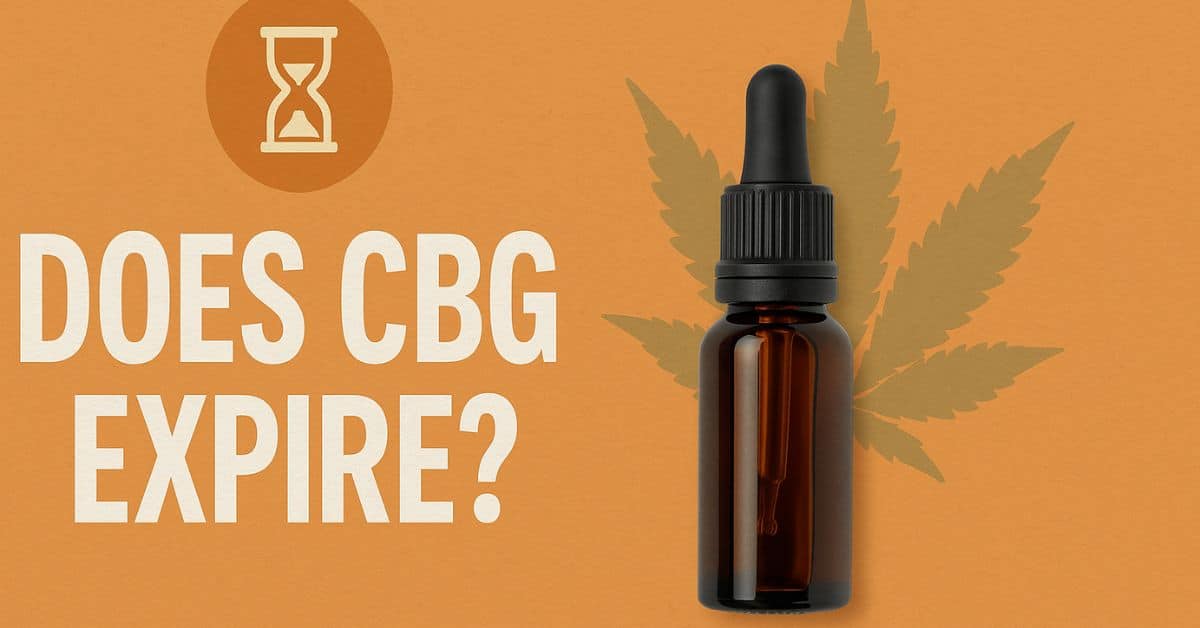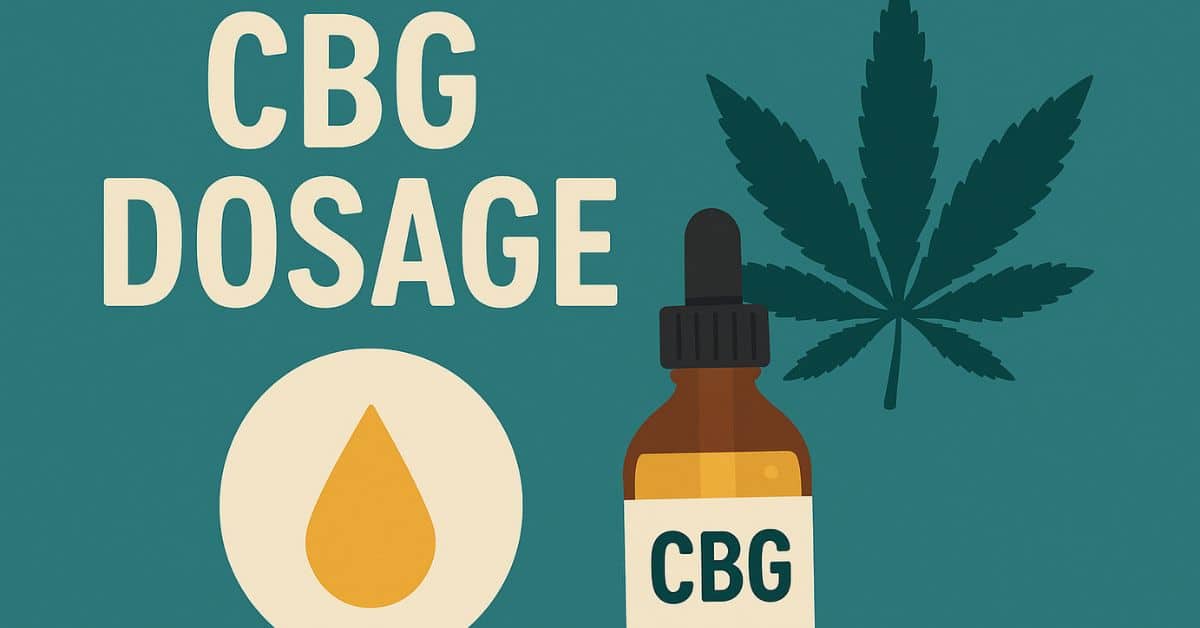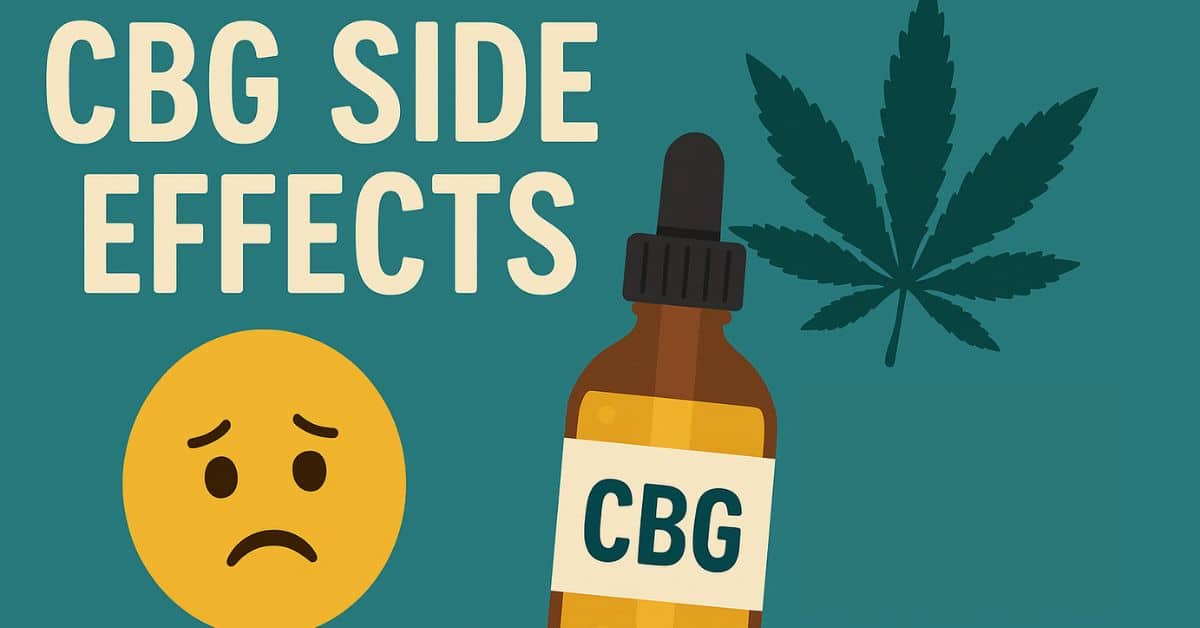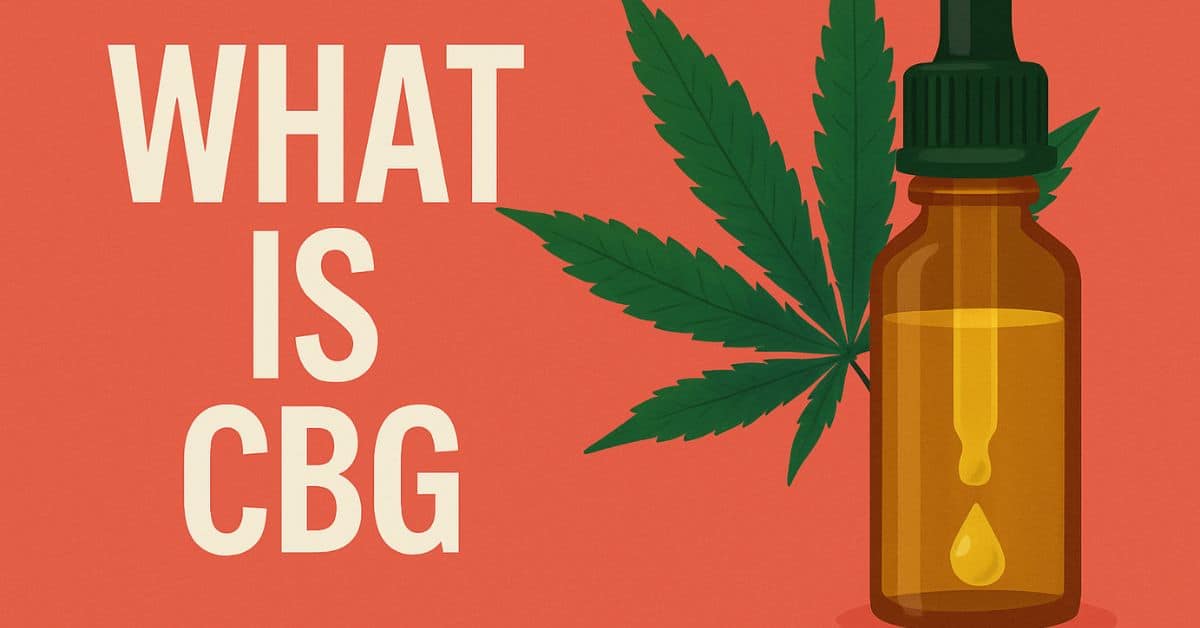Yes, it’s possible to build a tolerance to CBG (cannabigerol) over time, but it doesn’t appear to happen as quickly or as strongly as it does with THC. Tolerance means your body becomes less responsive to the same amount of a substance, often leading people to increase dosage to achieve the same effects. With cannabinoids, tolerance development depends on dosage, frequency of use, and individual biology.
Unlike THC, which strongly activates CB1 receptors in the brain and causes rapid tolerance, CBG binds more gently to both CB1 and CB2 receptors. This suggests that any tolerance to CBG likely develops gradually, especially when used daily for focus, mood balance, or digestive health.
Many Canadians report that CBG oil, gummies, or capsules remain effective for long periods without requiring dosage increases, particularly when paired with CBD or used in rotation with other cannabinoids.
What Is CBG?
Cannabigerol, or CBG, is a naturally occurring cannabinoid found in young cannabis plants. It is often called the “mother cannabinoid” because many other cannabinoids, including CBD and THC, originate from CBGA, its acidic form.
Unlike THC, which produces a psychoactive high, CBG is non-intoxicating. Consumers typically describe it as clear-headed, balancing, and mildly energizing, making it especially popular for daytime wellness in Canada.
How Does Tolerance Work with Cannabinoids?
Tolerance develops when the body becomes less sensitive to a substance after repeated exposure. In the case of cannabinoids, this usually happens when the endocannabinoid system (ECS) adapts to regular stimulation.
- Where CBG fits in – CBG interacts with CB1 and CB2 receptors, but without overstimulation. This makes tolerance possible, but it tends to build much more slowly compared to THC.
- THC and tolerance – THC strongly activates CB1 receptors, leading them to downregulate (become less responsive) with frequent use. This is why THC users often need to increase their dose over time.
- CBD and tolerance – CBD influences the ECS indirectly rather than binding strongly to receptors. As a result, tolerance to CBD is very rare, and most people can use it daily without adjustment.
- CBN and tolerance – CBN, often used for sleep, binds weakly to CB1 receptors, so tolerance develops slowly. By contrast, CBG is more daytime-focused, but the tolerance pattern is similar, mild and gradual.
Can You Build a Tolerance to CBG?
The evidence suggests yes, but tolerance to CBG oil or gummies develops gradually, not rapidly. Because it doesn’t overstimulate receptors like THC, most Canadians can use CBG products for weeks or months without noticing a major decline in effects.
Signs You May Have Built a Tolerance to CBG
Tolerance to CBG can be subtle, but here are some common signs to watch for:
- Less noticeable impact – CBG feels less effective overall, even when paired with CBD.
- Weaker effects than before – The same dose no longer provides the same focus, mood balance, or digestive support.
- Increased dosage needed – You find yourself taking more drops of oil, extra gummies, or higher-potency capsules.
- Shorter duration – The balancing effects of CBG wear off faster than they did when you first started.
How to Manage or Prevent CBG Tolerance
If CBG starts to feel less effective, tolerance can usually be managed with these strategies:
- Mindful Use – Take CBG when you need clarity, focus, or balance rather than using it habitually.
- Take Tolerance Breaks – A short pause (a few days to a week) can reset your ECS receptors, restoring sensitivity.
- Use the Lowest Effective Dose – Start low and increase only as needed to avoid building tolerance quickly.
- Rotate Cannabinoids – Alternate between CBG, CBD, or blends. This variety reduces receptor desensitization and keeps effects consistent.
- Choose High-Quality Products – Always buy lab-tested CBG oils and gummies from Canadian brands. Poor-quality formulas may feel weaker, leading you to think tolerance is the issue.
Bottom Line
Yes, you can build a tolerance to CBG, but it happens slowly and subtly compared to THC. Most people find that CBG products remain effective for daily balance, focus, and digestive support, even with regular use.
The key is mindful use: stick to the lowest effective dose, rotate with other cannabinoids like CBD, and take occasional breaks. This approach helps keep your endocannabinoid system responsive, allowing CBG to remain a reliable part of your wellness routine in Canada.



